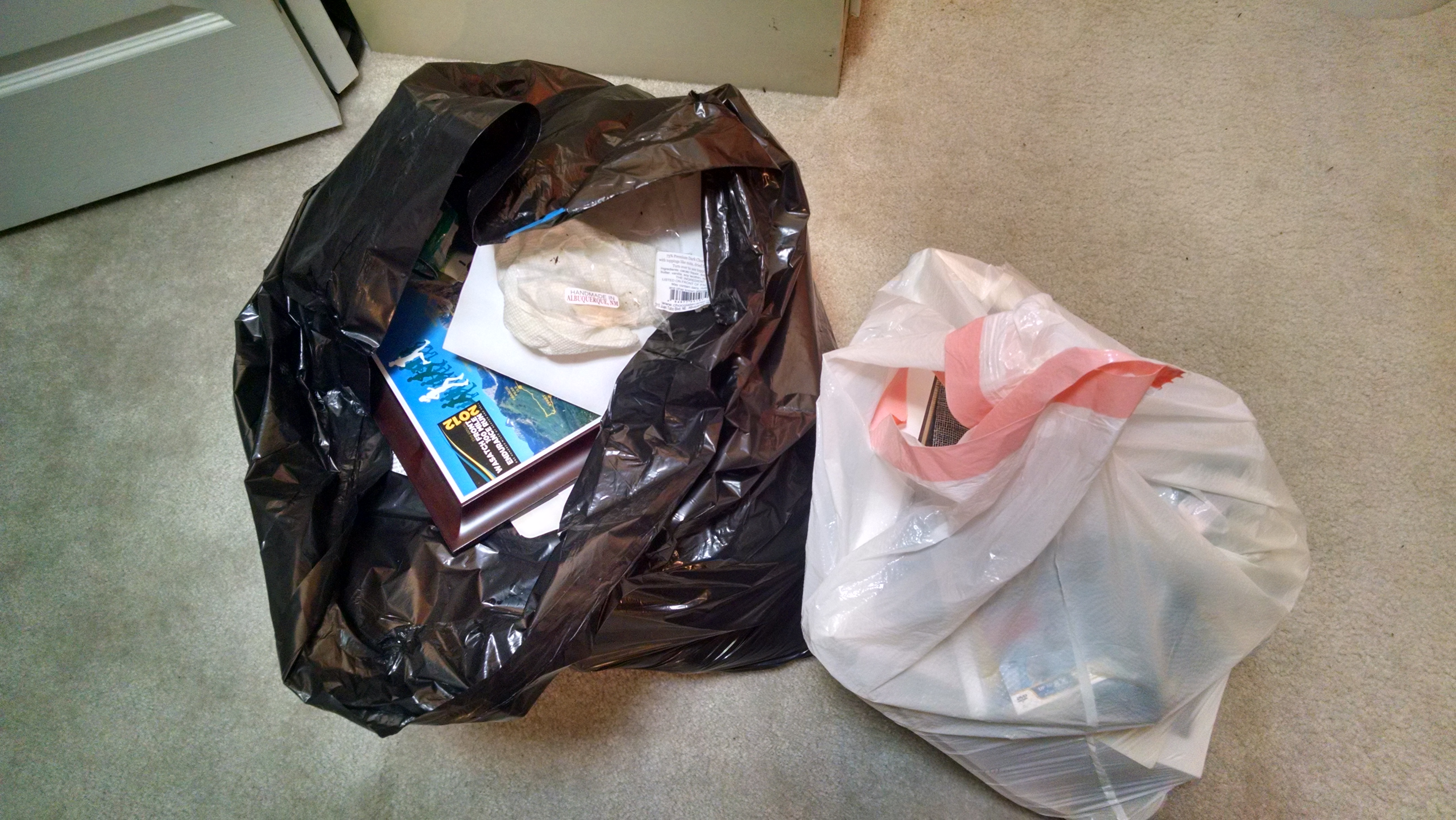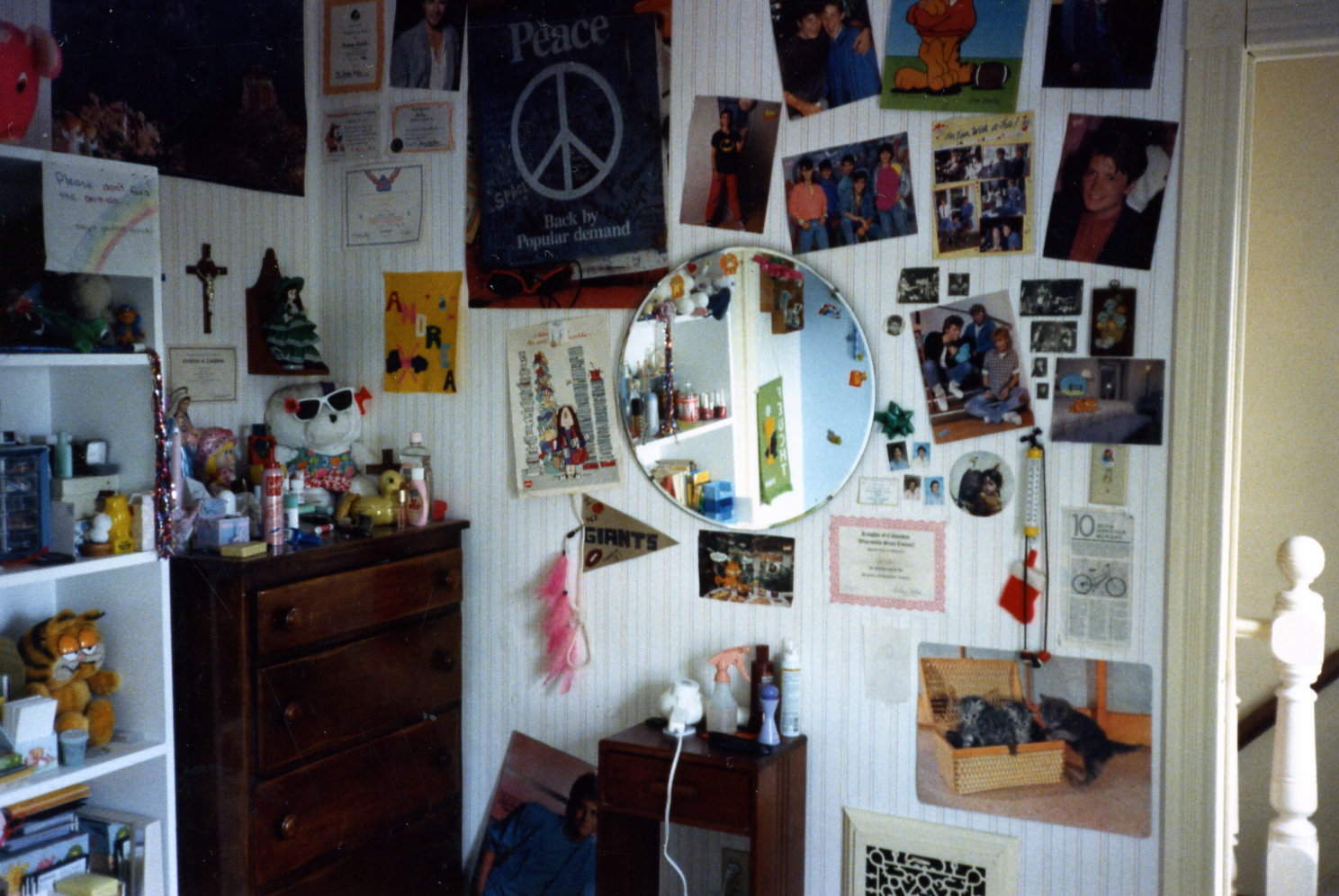Today’s Tuesday Tribute is Erika Napoletano. There are a lot of ways to summarize her personality, from ass-kicking public speaker, motivational coach to Gen X laggards like myself, esquisite and judicious potty-mouth, and heart-forward strong woman.

Erika doing something she does really well – not having a lot of f*s to give.
Technically, including Erika is a little bit of a cheat – I actually have not met her in person, but we have conversed over email and I’ve devoured much of what she’s wrote in the last 6 years.
So, who the fuck is she? (Yes, for this installation I’m bringing out the bombs.) Her bio lists off her attributes: the things she can do for her clients like get people UNstuck in whatever thing their life is presenting, her choice in bicycles, her appreciation for warm coats in Chicago winters, and her published works both online and in hardback.
BUT. To me it is the last bit of her About page that is actually important and what makes her work so useful:
And she is happy.
Ridiculously happy.
Because it is happy people who ooze that juju out of their pores, out of their sparkling eyes, out of their manners and way of speaking. Watch her TEDx talk in Boulder. At the end she does a spontaneous victory dance – the only indication in the whole video that she was terrified all along.
How do people become happy? That’s a ridiculously difficult question that occupies many a writer and thinker. Many people seem to have a default happiness “set point” that they come back to even after periods of trajedy or prosperity – that is, if you lose your job you’ll come back to the same level just like you will if you win the lottery. The “amount” of happiness that set point represents varies from person to person. But that doesn’t mean you are doomed to your default level – I believe that a measure of grace and happiness can grow from terrible loss. We all know someone who only really started living after their cancer diagnosis or scare.
For Erika, it was the death of a new love, a potential soul-mate, if you believe in such things. When she first met him, he was a fan of her work and they became quick friends. Then, she says, “And that night, a friendship began that grew into something I never expected: the beginnings of a relationship where I never had to be anything but myself.”
Jason died four years ago, on Halloween, after two months of joy building that relationship with Erika. Two months. But here is why Erika is here on this post – it is what she did publicly – the very next day, in fact – when it happened. She ripped her heart open bare on her blog, grieving in real-time for the world to see.
Today is day one. Tomorrow is day two. I’m scared shitless of days three and four. Five is horrific. Six – incomprehensible.
She had nothing to lose and – perhaps – had a glimmer of a thought that in the long-term this kind of vulnerability would help someone who chanced into reading it. She was right about that, even for people who didn’t suffer as deeply as her. I felt sorrow reading her Jason story, even though I’ve never lost someone in that way. It drew me in and added to the respect I’d already built for Erika’s work.
That’s why I chose her, this week. She along with writers like Brene Brown and Ella Francis Sanders and Cheryl Strayed (in her Dear Sugar days) are all trafficking in pure openness of heart. You gotta love that.
—————————–
**Tuesday Tribute is my way of showing off the women in my life who have done something to influence me for the better, through direct advice, great example, resilience, strength, bad-assery, or any number of things. Almost every week. Always Tuesday.






